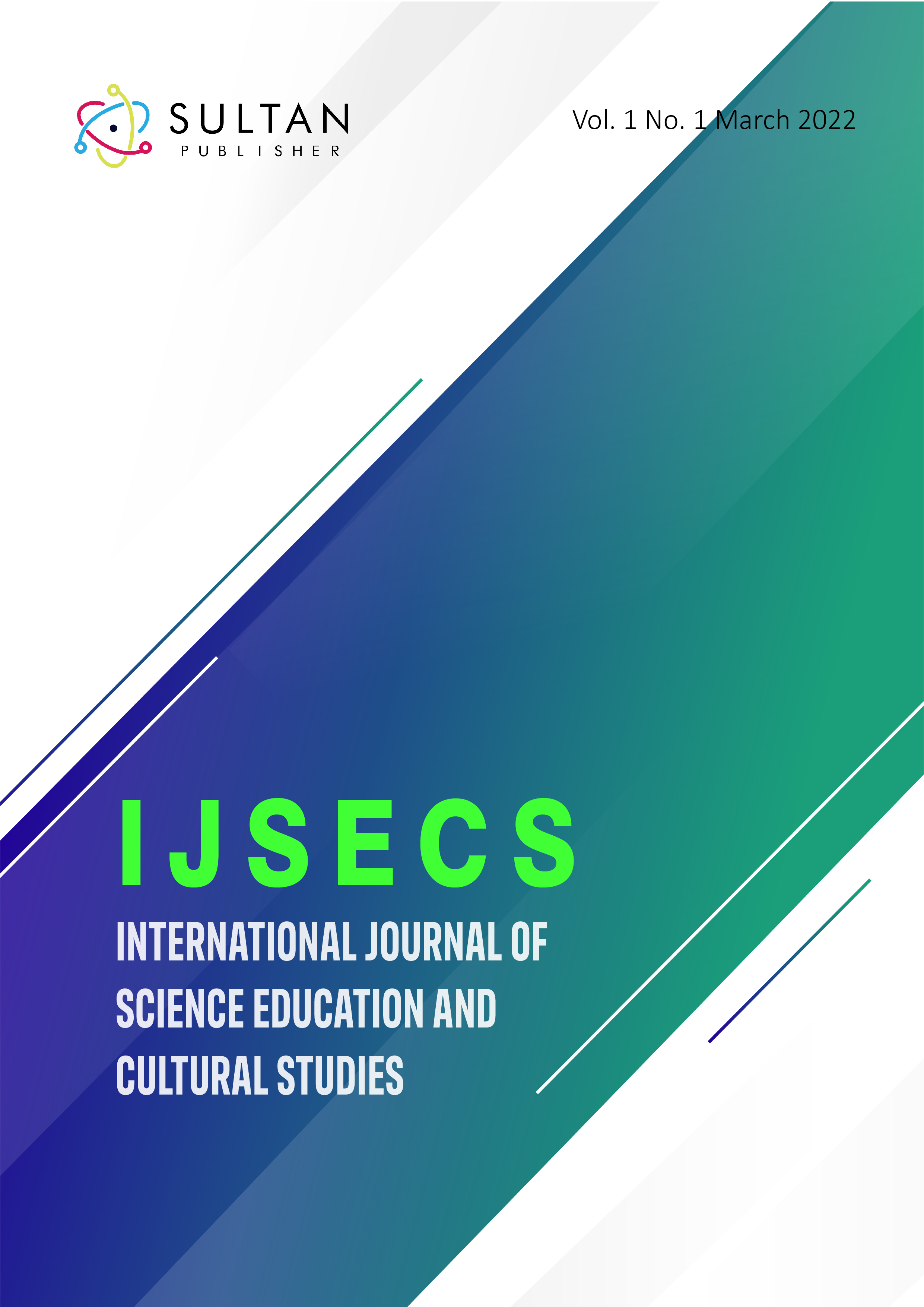Effectiveness of E-Learning Learning to Improve Student Learning Outcomes at Madrasah Aliyah
Keywords:
Effectiveness, E-learning, Learning Outcomes, Aqidah MoralsAbstract
E-learning is a new learning model carried out by the government to support student learning activities during a pandemic. This study uses a quantitative approach. Given the total number of students, more than 100 people, the researchers took a sample of 25% of the total population. In this research, systematic data collection uses an interview system to determine the use of e-learning-based learning models. The results of the study show that 1) the learning activities carried out by teachers through e-learning-based learning are still considered to be less than optimal, this is evidenced by the results of a questionnaire of 24.5% indicating that students' low interest in learning through the e-learning based model, 2) the calculation of the average value of student learning outcomes or the average value is 89.8. categorized as very good, 3) the results of the discussion that has been submitted show that there is no effect of e-learning-based learning on the learning outcomes of aqidah morals, the results obtained 0.221, where the significant value is smaller than the "r" table, both at the 5% level and at the 1% level.
Downloads

Published
How to Cite
Issue
Section
Copyright (c) 2022 Farida Isroani, Noornajihan Jaafar, Muflihaini Muflihaini

This work is licensed under a Creative Commons Attribution-ShareAlike 4.0 International License.




